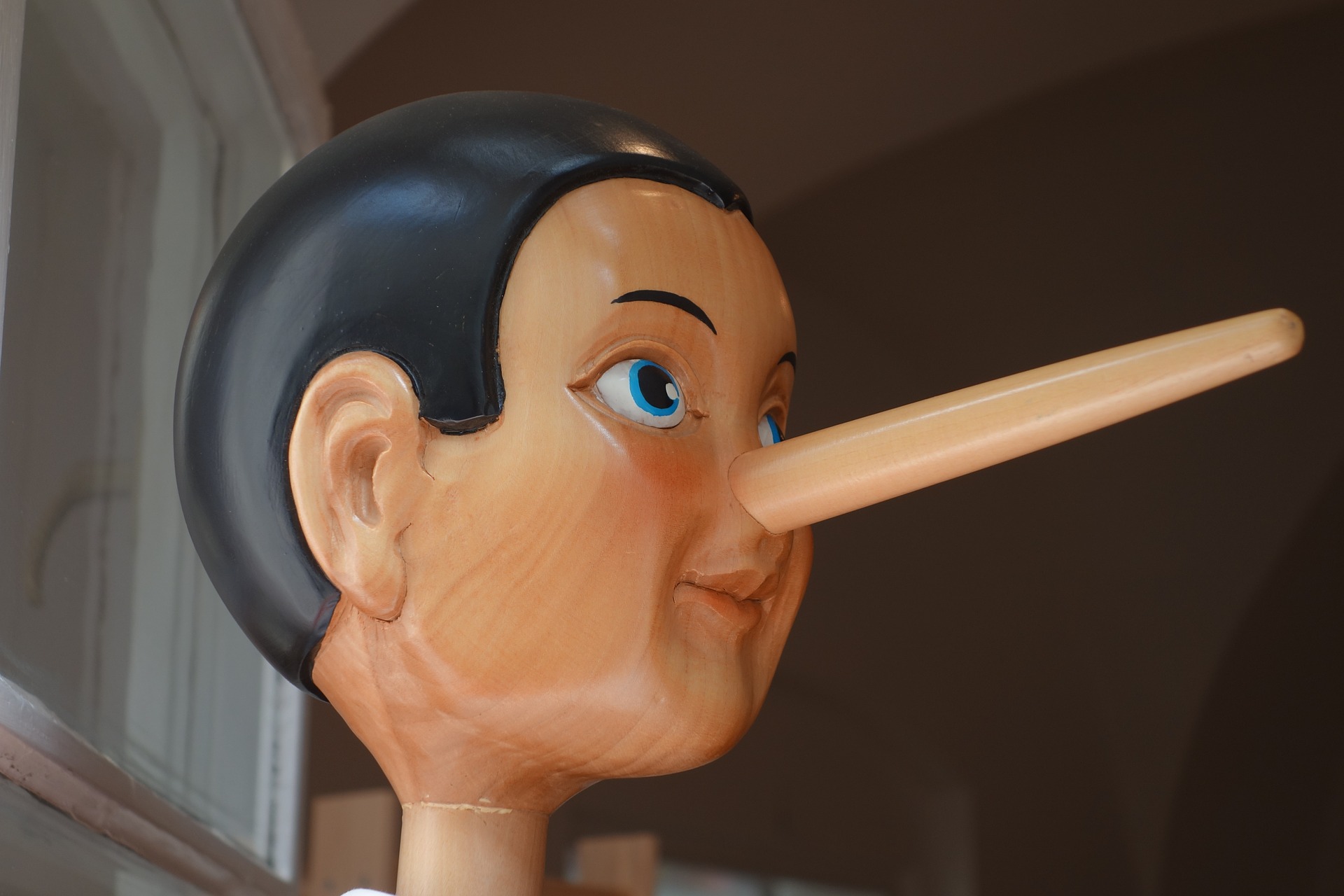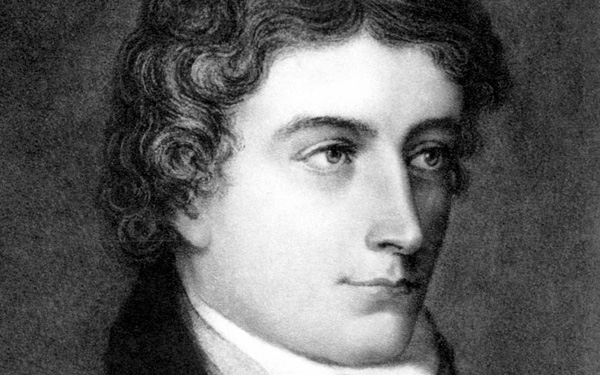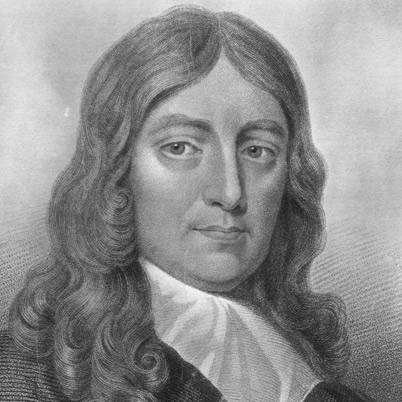John Milton- A 17th-century poet, John Milton had used his knowledge to produce work, advertising strong revolting ideas which challenged the-then present norms of the society. His great epic Paradise Lost gave him his biggest recognition. Milton used to write pamphlets to ridicule the Church of England and monarchy. He became a civil servant under Oliver Cromwell reign for delivering his loyalty as a Puritan. He died in 1674.
Setting of Sonnet 12-
This poem was written when Milton’s divorce law was rejected. He tried to blame Presbyterians for declaring the same liberal laws which were used as part of ancient norms to play their hypocrisy hiding under the face of false freedom.
Poetic Devices in Sonnet 12-
Metaphor: The poet employs animals like dogs, apes, cuckoos, etc to normalise the effect yet targeting the rejectors as they are.
Style-
The poem is an Italian sonnet of fourteen lines with varying rhyming scheme. This variable rhyming scheme produces a distorting tone giving a clash of ideas due to rejection.
Summary of Sonnet 12-
The poem has specific audience as its readers and is especially targeted against the Presbyterians for redefining the rules of liberty. The poet initiates in a tone of disgust that all he did was to try to educate the people to quit the ancient norms of the society and form new laws to redefine the constitution. But no sooner does he try to help them, that the greater voice of nobles and so-called learned aristocrats, start hounding him to call out his opinions publicly and ridicule him in front of everyone. He gives away in metaphor by comparing “owls, cuckoos, asses, apes, and dogs,” with those who not only consider reflecting upon his views rather they shut him up. He is appalled by the reactions of those who completely went against him. Further, the poet satires on part of the rejectors. They were the honest, learned, noble, humble beings of the society, who rail at the speaker outrageously for delivering his thoughts. The people he most expects to understand and act rationally were the ones who envied him. The poet then uses a classical metaphor to elaborate his theory of liberation. He narrates an episode of cruelty, where Latona, mother of Apollo and Diana was not allowed to drink water from the nearby village where she flew for escape. The lady cries to the farmers, that she merely had asked to posses a natural gift which doesn’t belong to anyone solely but they were steadfast not to allow her to have it. In turn, with her powers, she cursed the farmers and transformed them into frogs. Later, Apollo and Diana were regarded the god and goddess of Sun and Moon. The entire episode, thus related to the real situation suffered by the poet. He says that this is what happens when someone tries to sell a beneficial idea to others, and they don’t understand the worth of it. The poet says that everyone wants freedom but they work with a disorderly mind. They work senselessly, towards achieving their goal and if someone tries to put in their help, he/she becomes a subject of ridicule for them.
The poet says that people need freedom but in a hypocrite manner. They keep pushing their interests in the form of liberty. The poet says that no matter how much blood and wealth is wasted on achieving freedom, one cannot achieve it if they are not ready to move ahead with time. They must be forward enough to invite opinions and not just criticise them. The poet says that to become a part of the liberal country, one has to be “wise and good,” meaning in proper terms one should be rational and welcoming to the coming impediments.
Critical Analysis of Sonnet 12-
John Milton who was a strong supporter Oliver Cromwell got recognition in the Puritan age. His confident and brave works ignited many revolts in the society. In this poem, he tries to use his knowledge of classical and historical metaphor to channel the present hypocrisy prevailing in the society. He took challenges to face headlong the people who appear to be “hinds” when they actually are “dogs”. He urges the readers to first be good and wise to accept freedom, otherwise, both blood and wealth will be wasted for nothing.
Tone of Sonnet 12-
The poet gives a stirring tone to the poem. The poem is a remark to the rejectors of the divorce law advanced by John Milton. The poem conveys the idea of hypocrisy among the ruling people at that time. The poet says that we all advertise freedom but neither of us are capable of achieving it.
Conclusion- The poem is a pure revolt in the face of Catholics and the Monarchy. John Milton is a polemicist in the truest form. The poem was an appeal to change the outlook and was a sheer provocation to the rulers of that time.
Some online learning platforms provide certifications, while others are designed to simply grow your skills in your personal and professional life. Including Masterclass and Coursera, here are our recommendations for the best online learning platforms you can sign up for today.
The 7 Best Online Learning Platforms of 2022
- Best Overall: Coursera
- Best for Niche Topics: Udemy
- Best for Creative Fields: Skillshare
- Best for Celebrity Lessons: MasterClass
- Best for STEM: EdX
- Best for Career Building: Udacity
- Best for Data Learning: Pluralsight















